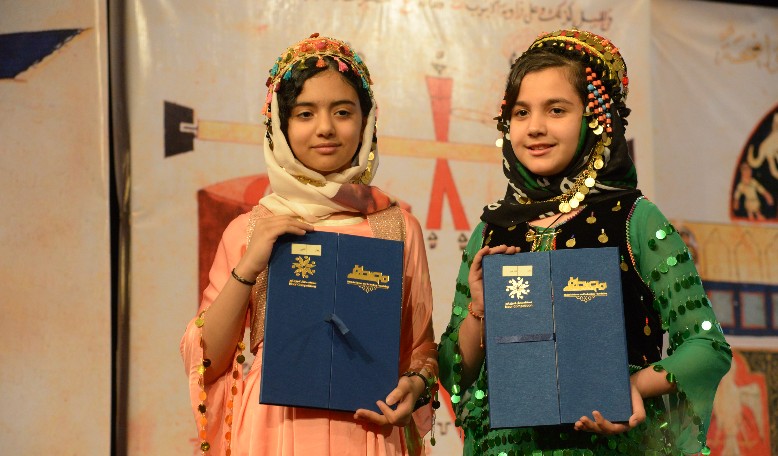Noor competition: A positive step towards nurturing research-oriented students


An expert in the sphere of school education said: “Fortunately, school students must undertake a lot of research and study so as to participate in Noor school student competition, which can fire their enthusiasm, strengthen motivation among them, give credits to their learning, and make it everlasting.”
MSTF Media reports:
Regarding the objectives of holding scientific competitions, Mohammad Navid Adham, an expert in the field of school education, stated that “scientific competitions are deemed to be a competitive field for learning science and for students to make more efforts. We should think about the preparatory steps for a competition before holding it and announcing the results; in other words, measures should be taken to stage a fair, intimate, and anxiety-free competition among students so that they can go through the learning process vigorously and calmly.”
“To get prepared for a competition, students need to learn a variety of topics from a wide range of sources. Accordingly, measures must be employed before the final stages of the competition for students’ active and enthusiastic participation in the competition. It will be very informative and stimulating if the competition is held in an intimate and non-anxious way,” he continued.
Touching on the issue that students must create 60-second scientific video clips, while enjoying the language of art for scientific educational purposes, he asserted that “using art and films to teach scientific issues is unquestionably a good method. Given the current era in which audio-visual tools have become very widespread in cyberspace, holding competitions such as Noor competition is very stimulating for students and can be effective. The growing trend of participation in this competition heralds the success and content of the competition for students, which will increase students’ motivation and enthusiasm.”
Adham elaborated on adolescents’ activities in the Islamic world within the framework of Islamic values, stating: “The Islamic world enjoys underlying principles in the fields of science, culture, and technology. If these principles are well recognized so that the young generation becomes acquainted with them, such competitions will create opportunities for cultural interactions, enabling adolescents of any ethnicities and races to get to know other countries, which will in turn strengthen the solidarity between Islamic societies.”
Referring to the impact a student competition exerts on encouraging the young generation and the spread of science and knowledge, he said: “I do not consider a competition as a goal; a competition is a means of generating motivation for learning. The fairer, more intimate, and less anxiety-provoking a competition is, the more effective it will be.”
He also pointed out that close-run scientific competitions would have negative effects if rankings were highlighted in students’ minds.
Highlighting the impact of Noor school student competition—the 4th round of which will be held in recognition of Prof. Omar Yaghi—on nurturing research-oriented students, Adham contended that as this competition, by requiring students to do a lot of research, fosters enthusiasm and motivation for conducting research among them, “Noor competition, if held under the abovementioned conditions, will make students become research-oriented.”